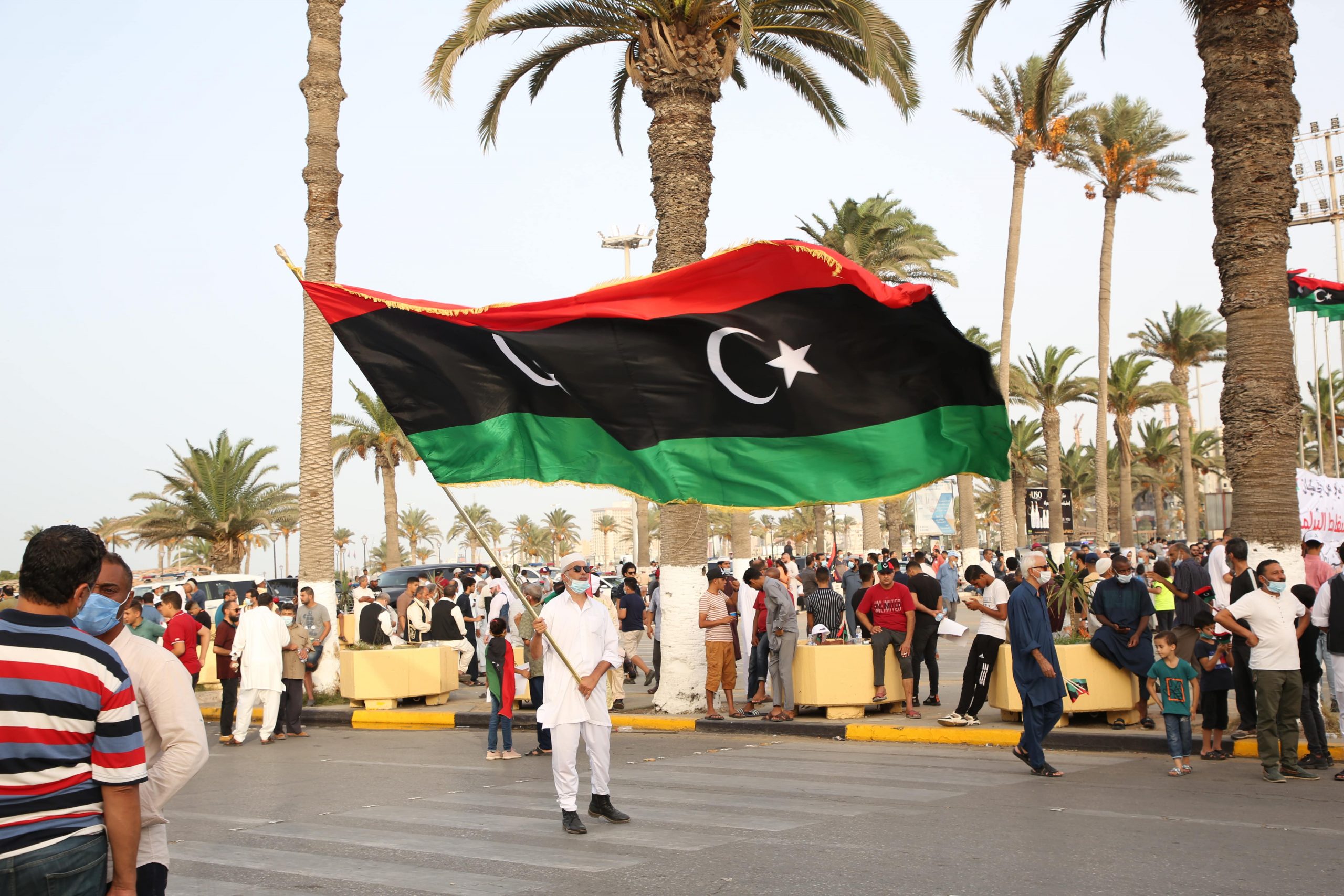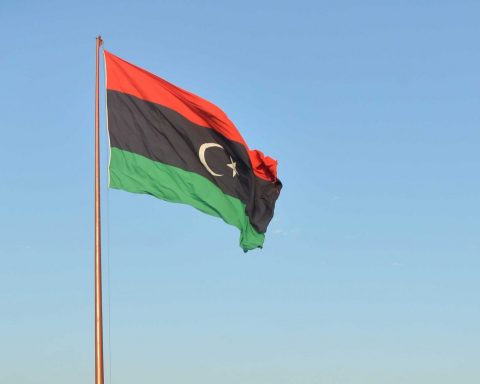The Libyan House of Representatives (HoR) adopted on Tuesday the proposal that excludes the High Council of State (HCS) from determining the interim government. With the proposal, which was accepted by 21 votes to 30, the HCS was pushed out of the decision mechanism where the interim government would be determined. Speaking after the meeting, HoR Speaker Saleh did not reveal how many HoR members attended the session and how the vote session was conducted. It seems possible that this decision will exacerbate the ongoing discussions in the Libyan transition process.
The Government of National Unity (GNU), led by Prime Minister Abdul Hamid Dbeibeh, came into power with the postponement of the December 24 presidential elections, which were determined as part of the Libyan Political Dialogue Forum (LSDF) roadmap. After Dbeibeh took over the task, he stated that the presidential elections should be held together with a consensus-based constitution that takes into account the demands of all parties.
In addition to this, the High National Elections Commission (HNEC) suggested that the elections should be postponed for at least six months due to legal and technical problems. After this announcement, the 60-member Constitutional Commission, established in 2014, started to work on the constitution in order to strengthen the legal basis of the elections. As it is known, the elections planned to be held on December 24 brought along deep discussions between different presidential candidates, mostly due to constitutional uncertainties and the election law unilaterally enacted by Aguila Saleh.
On January 18, HoR Speaker Aguila Saleh proposed the establishment of a 30-member constitutional committee (representing the eastern, western, and southern regions of Libya) to draft a consensus-based constitution. This proposal by Saleh was met with the reaction of the Head of the Constitutional Commission, El Jalani Erhume, in particular, and by some other members. The members of the Commission, who emphasized that this initiative is unconstitutional, are of the opinion that Saleh, together with the establishment of the new committee, aims to gain time and protect his position before the elections. Nonetheless, the mechanism that Saleh wants to create instead of GNU may drag Libya into a political stalemate, similar to the parallel government headed by Abdullah al-Thinni, established in the eastern part of Libya after 2014.
Established with the Libyan Political Agreement (LSA) signed in Skhirat, Morocco in 2015, the Libyan HCS operates as the country’s second legislative assembly. According to the LPA, HoR is required to consult with HCS on laws to be enacted on certain issues.
In response to HoR’s steps, the international community does not support a new transitional government being established in Libya. The UN Special Adviser to Libya, Stephanie Williams stated that Libya does not need another transition period, but rather it should be focused on elections. At the same time, countries such as Turkey, the UK, and Italy also stated that the elections should take place as soon as possible in support of the GNU.
On December 24, the British Embassy in Libya shared on its Twitter account that the UK will continue to support the GNU and it would not accept the establishment of any parallel government or entity. Following this statement, British Ambassador to Libya Caroline Hurndall was declared ‘persona non grata’ by the HoR and asked to leave the country.
Among those who reacted to Hurndall was Fathi Bashagha, the former Interior Minister of the Government of National Accord (GNA), who is considered among Prime Minister Dbeibeh’s rivals in the western city, Misrata. Lastly, Italian Special Envoy Nicola Orlando stated that they were against a new transitional period during the meetings with PM Dbeibeh in the capital Tripoli, signifying the mixed reactions toward the ongoing political situation.














